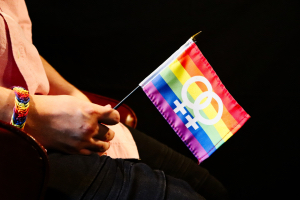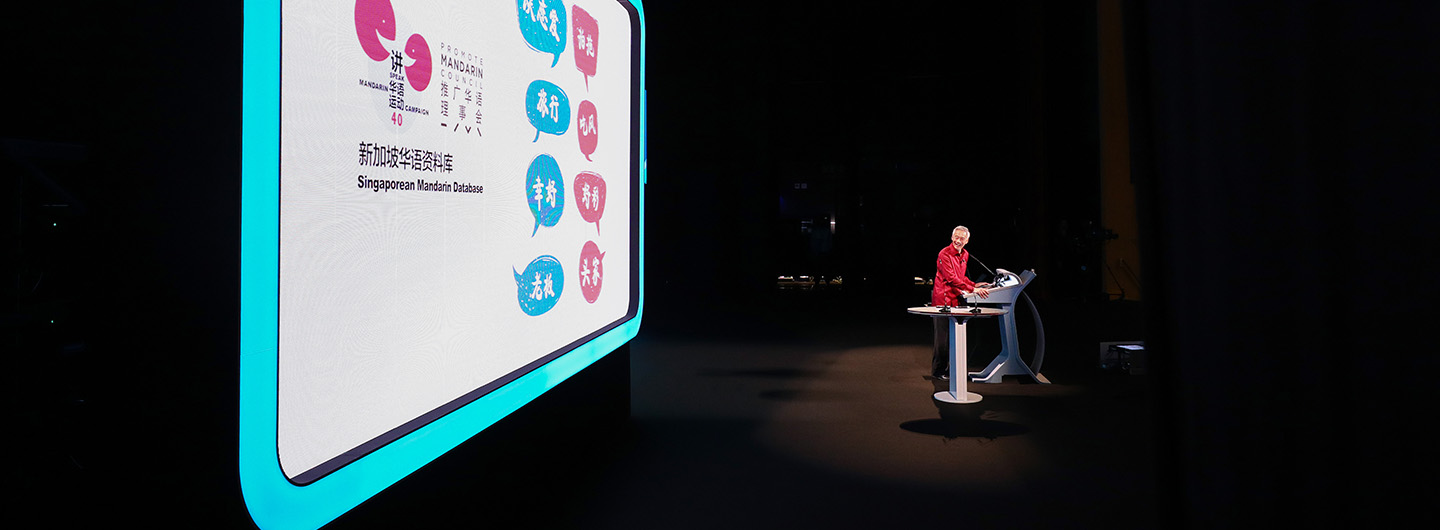
Singapore/Geneva: Singapore will legitimise gay sex but rights activists want more. Prime Minister Lee Hsien Loong’s announcement that the country will continue to uphold the legal definition of marriage as being between a man and a woman, has put out these activists.
With regard to the Singaporean government’s announced plans to amend the Constitution to ensure the legal definition of marriage is limited to an act between a man and a woman, various UN human rights mechanisms today urged all States to legally recognize same-sex unions – whether by making marriage available to same-sex couples or through other arrangements, such as civil partnerships – and have also called for the same benefits and protections for all.
The UN High Commissioner for Human Rights Michelle Bachelet stated today in Geneva that everyone is entitled to the equal protection, respect and fulfilment of their human rights, including LGBTIQ+ people.
In his annual National Day rally speech yesterday, Lee announced that Singapore will repeal the provision that criminalises consensual sexual conduct between men. An announcement to this effect was made by the country’s Prime Minister, Lee Hsien Loong, who stated that Section 377A of the Penal Code – a colonial-era law that more broadly impacted and stigmatised the lesbian, gay, bisexual, transgender, intersex and queer (LGBTIQ+) people as a whole, will be repealed.

Singapore’s parliament last debated whether or not to repeal Section 377A in 2007 but at that time certain religious groups, including Muslims, Catholics and many Protestant denominations had considerable reservations, which forced the government then to leave Section 377A “on our books, but not actively enforce it”.
Lee recalled that many countries that used to have laws against sex between men have since repealed them. “They include several Asian countries, but so far not Singapore,” he pointed out.
Section 377A was originally introduced in the 1930s by the British colonial government. “It reflected moral attitudes and social norms that prevailed back then. But over the decades, homosexuality has become better understood, scientifically and medically. In many societies, including Singapore, gay people have become more accepted for who they are, instead of being shunned and stigmatised,” Lee said. he added that most people accept that a person’s sexual orientation and behaviour is a private and personal matter, and that sex between men should not be a criminal offence.
“…private sexual behaviour between consenting adults does not raise any law and order issue. There is no justification to prosecute people for it nor to make it a crime,” he said.
The Prime Minister said Singapore, however, will continue to uphold the legal definition of marriage as being between a man and a woman.
“By and large, Singapore is a traditional society, with conservative social values. We believe that marriage should be between a man and a woman, children should be born and raised within such families, and the traditional family should form the basic building block of our society. Most Singaporeans would like to keep our society like this. This is the Government’s position too. We have upheld and reinforced the importance of families through many national policies, and we will continue to do so,” he said.
Bachelet was hopeful that repealing Section 377A will help pave the way for constructive dialogue and greater understanding and acceptance of and safety for LGBTIQ+ individuals in Singapore.
It is essential that the law protects the relationships of all consenting partners, whatever their sexual orientation, gender identity or sex characteristics, she said and called on the Singapore Government to expedite the repeal process and take measures to protect the rights of LGBTIQ+ people, including enacting anti-discrimination legislation that covers discrimination on grounds of sexual orientation, gender identity and sex characteristics.
– global bihari bureau




